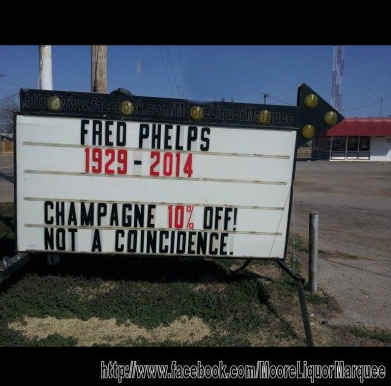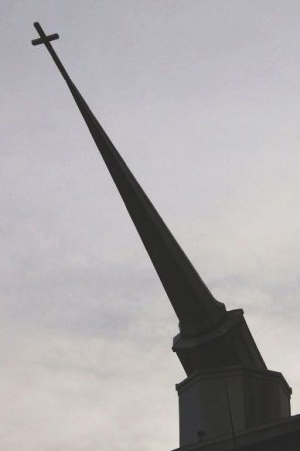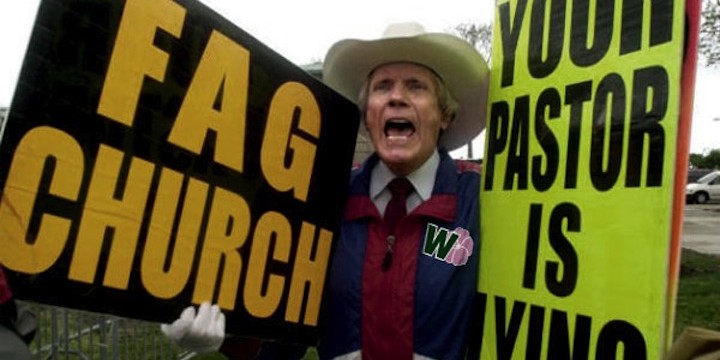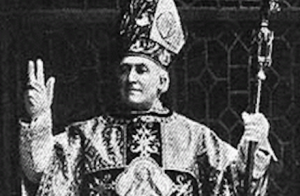There’s no such thing as bad publicity — at least that’s how the saying goes.
I beg to differ when it comes to the late Fred Phelps, Westboro Baptist Church and promoting your business.
From my home state today comes this front-page story in The Oklahoman. Take a moment to read it so we’re all on the same billboard, er … page.
Now then, let’s talk about what constitutes newsworthiness and how that differs from creating news.
Newsworthiness is well defined at this link via Media.com. It offers five factors: timing, significance, proximity, prominence and human interest — and says that stories should meet two of the five criteria to be considered newsworthy.
Sound old school? Some would argue that it is, and those types have added several more categories to the mix, including the bizarre factor and conflict.
The Oklahoman story is banking solely on those two additional categories by printing this story — and it’s written that way:
Moore Liquor, at 914 SW 4, has gained a local reputation for its humorous, frequently off-color marquee signs. The shop marquee even has its own Facebook page and Twitter account, where followers can see regular photos of the latest roadside witticisms.
“Fred Phelps, 1929-2014. Champagne 10% off! Not a coincidence,” is the latest storefront marquee message.
Shop owner Bryan Kerr said he put up the sign this week after Phelps died March 19. Phelps gained national fame after picketing the funeral of gay college student Matthew Shepard after he was murdered in 1998 in Laramie, Wyo.
“Fred Phelps is the kind of guy who is very difficult for reasonable people to like, and I knew I wanted to do something that had just a little bit of humor but wasn’t too disrespectful,” Kerr said.
Kerr tries to keep the liquor store marquee fresh with frequent references to pop culture and current events. “If you’re watching Dancing with the Stars sober, you are doing it wrong,” one recent message said.
Westboro Baptist Church was tipped off about the marquee and used its own Twitter account to let the masses know it would pay Moore Liquor a visit on its way to a Texas protest and that God hates gays.
And this is news. (Alternative punctuation: And this is news?)














